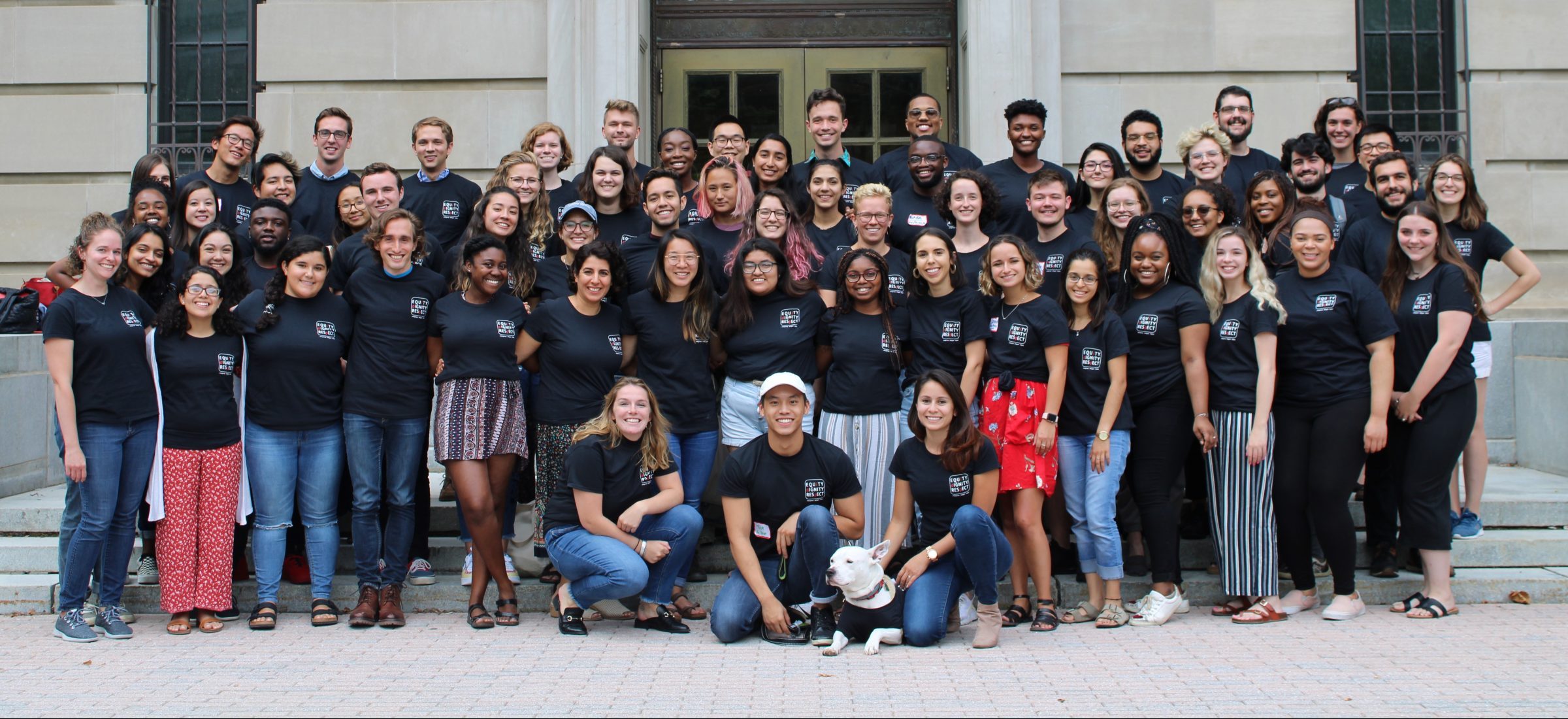About
In September 2017, Cornell President Martha E. Pollack established the Presidential Task Force on Campus Climate. The task force, comprising faculty, staff, and students from the Ithaca campus, and charged with recommending specific actions to foster a more diverse, inclusive, and respectful campus environment. They aimed to identify the barriers hindering Cornell from becoming a fully welcoming and inclusive community and to propose strategies to promote greater respect, understanding, and inclusivity (Presidential Task Force on Campus Climate, 2017).
During the extensive outreach conducted by the Campus Experience sub-committee, the task force repeatedly received feedback that highlighted the Intergroup Dialogue Project (IDP) as an excellent model for diversity education on campus. As a result, a key recommendation emerged from the task force’s work, advocating for mandatory introductory intergroup dialogue sessions for all incoming students. This recommendation gained the endorsement of President Pollack, who committed funding for the initiative. In August 2018, IDP launched the Community at Cornell program for all incoming undergraduate students.
As part of the Community at Cornell program, incoming students engaged in a brief reading and written reflection on the concept of dialogue and its potential application during their time at Cornell. These sessions were integrated into the Orientation program, where each student attended one of the 169 sessions held over five days. To support this substantial undertaking, IDP enlisted the assistance of 22 recent alumni facilitators from various regions in the country, in addition to their undergraduate, graduate, and staff facilitators.
The emergence of the Covid-19 pandemic in the summer of 2020 presented new challenges. With in-person sessions during Orientation no longer viable, IDP pivoted and adapted the Community at Cornell program into a virtual format. This shift enabled students to complete the program before arriving on campus, providing them with an introduction to Cornell’s values before they arrive in Ithaca.
Assessment results indicated that offering the sessions virtually before students arrive on campus enabled us to best meet incoming students’ needs. One thing heard repeatedly from focus group participants who had completed the session during orientation was that orientation is so packed with activities and information that it was hard to fully engage in our session and retain any skills or concepts that could be applied later. By offering Community at Cornell before students arrive on campus, they have an opportunity to focus more clearly on the session and learn skills and concepts they can start applying as soon as they set foot on campus. This last point is worth emphasizing given the outsized impact that early interactions can have on students’ eventual friend groups here; knowing about tools like LARA and/or thinking about social identities at Cornell before arriving in Ithaca can help students feel more open, curious, and empathetic when meeting new people here.
Assessment indicates that the impact of the program in fall 2021 (offered virtually, before students came to campus) was at least as great – and in some ways, greater than – the impact of prior years. For example, participants’ agreement with the statement “The skills I practiced in this session will help me have more meaningful interactions with people whose social identities differ from my own” was pretty steady across fall 2019, spring 2021, and fall 2021 (89%, 84%, 88%, respectively). There was even more agreement with other statements: “After this session I see my own social identities in a more complex, nuanced way” (FA19: 52%, SP21: 55%, FA21: 66%), and “This session made me feel more connected to other people at Cornell” (FA19: 67%, SP21: 63%, FA21: 81%). By attending a Community at Cornell session virtually and before orientation, we have the opportunity to allay students’ concerns about being able to connect with other Cornell students, to help them feel capable of forming those meaningful connections with a wide range of people, and to cultivate excitement about forming a deeper understanding of themselves and others during their time as students here.
The Community at Cornell program continues to play a pivotal role in acquainting new students with the university’s commitment to diversity, dialogue, and inclusivity. The ongoing success of this initiative reinforces Cornell’s commitment to its founding principle of “…any person … any study.”

